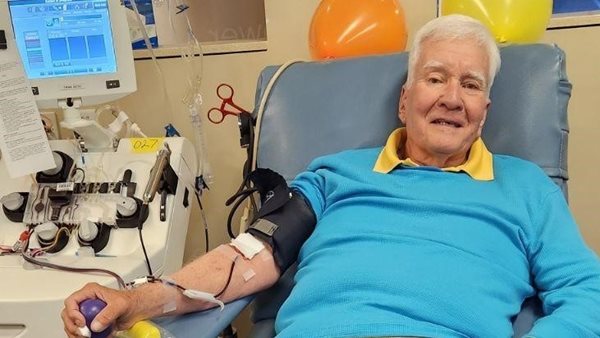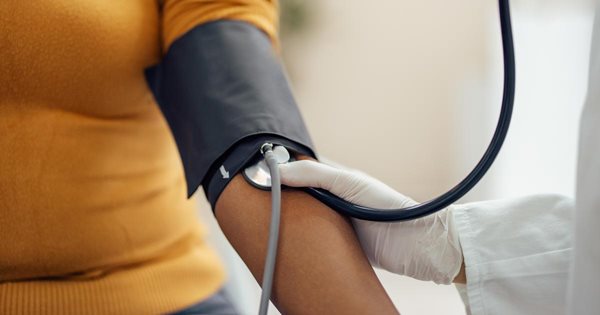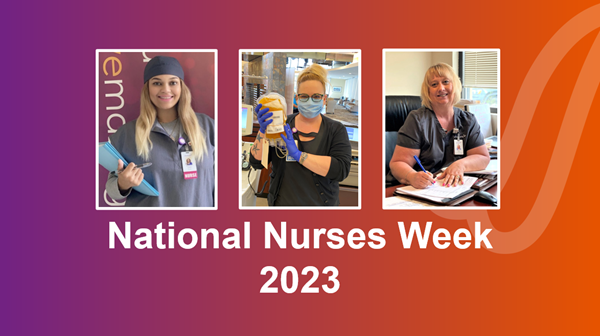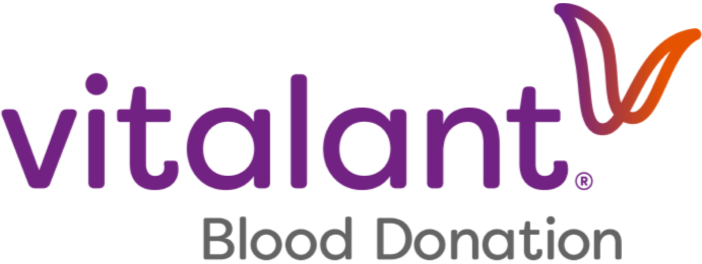
Stronger Together: Recognizing the Importance of a Diverse Blood Supply
Every year on June 19, we honor two important days: World Sickle Cell Day and Juneteenth.

Commit to Saving Lives on World Blood Donor Day
Every year on June 14th, World Blood Donor Day shines a spotlight on the incredible individuals who selflessly donate their blood, saving countless lives in the process, and raises awareness of the vital role blood donations play for those relying on transfusions. These blood donations are only made possible due to the invaluable contributions of these unsung heroes, including those like Dave who make regularly donating blood, platelets and plasma a priority.

What Happens to Your Body After You Donate Blood?
It feels good to donate blood and save lives but it’s natural to wonder if there are physical effects when you donate. We set your mind at ease with this overview of what to expect.

Honor Hypertension Awareness Month with a Blood Donation
Hypertension, often referred to as high blood pressure, can affect the body in many ways as it can lead to an increased risk of heart attack, stroke, or other serious disease. Known as the silent killer, it doesn’t always show symptoms until it’s caused serious damage to the body. Nearly half of all adults in the United States have high blood pressure, according to the Centers for Disease Control and Prevention (CDC).

Mother’s Day Has Special Meaning for Survivors of Pregnancy Complications
Meet three women who are forever grateful for the many blood donors who saved their lives when they experienced serious childbirth complications.

Honoring Our Nurses During National Nurses Week 2023
Nurses play a vital role in our healthcare system, including Vitalant’s blood collection processes. These team members ensure the safety and care of our donors and, ultimately, patients in need.
National Nurses Week from May 6-12 celebrates those continuing to live the legacy of Florence Nightingale, the mother of modern nursing whose sanitary care efforts reduced Crimean War death rates from 42% to 2%.
